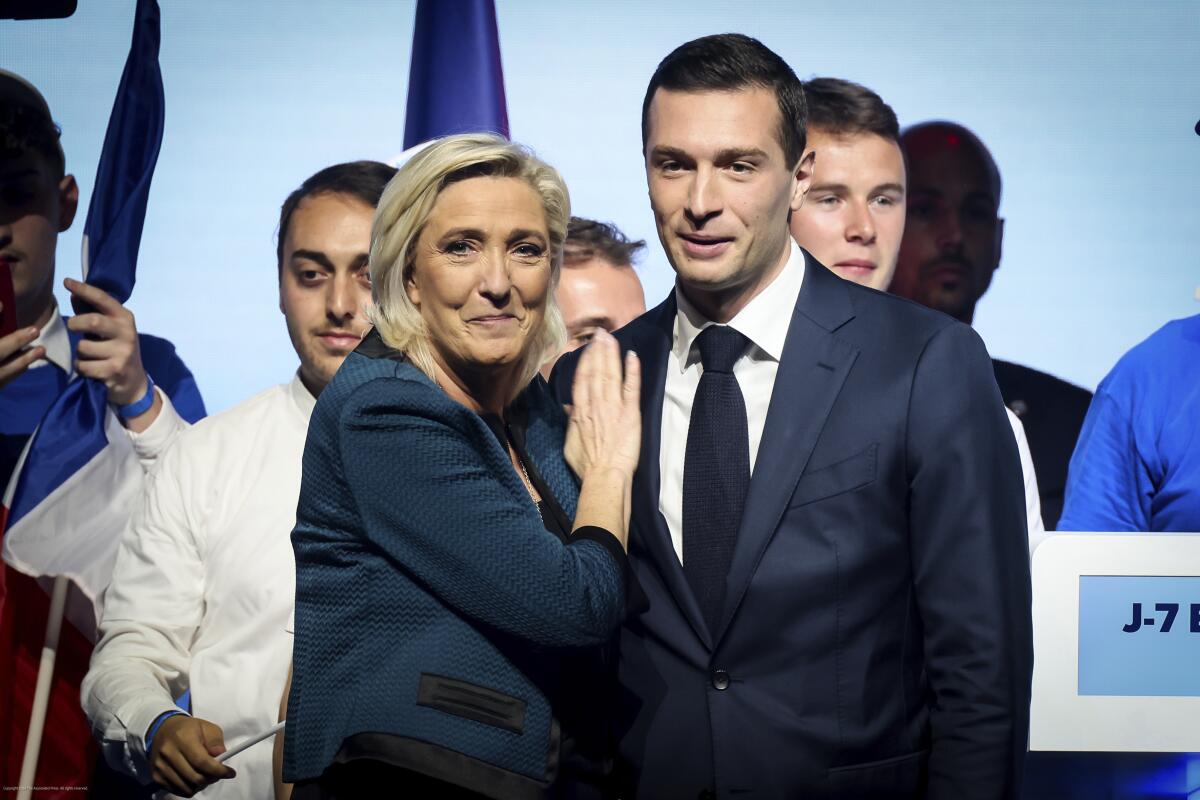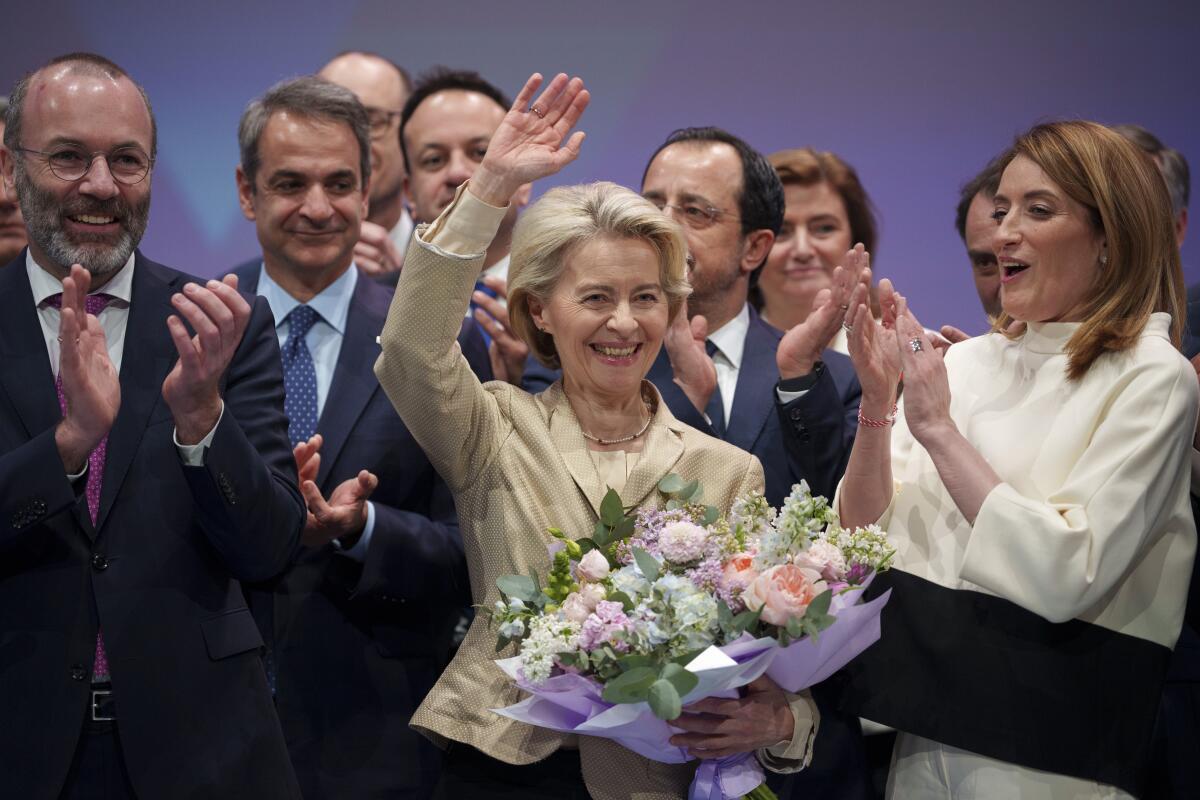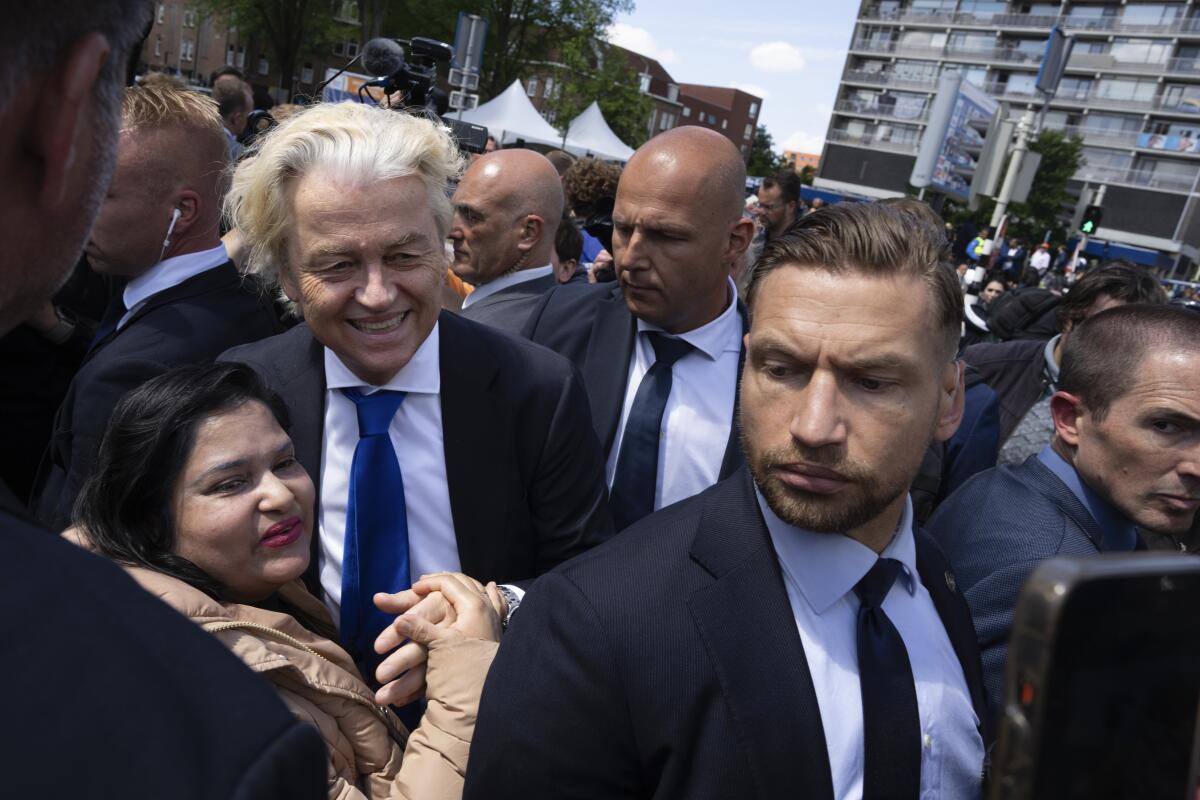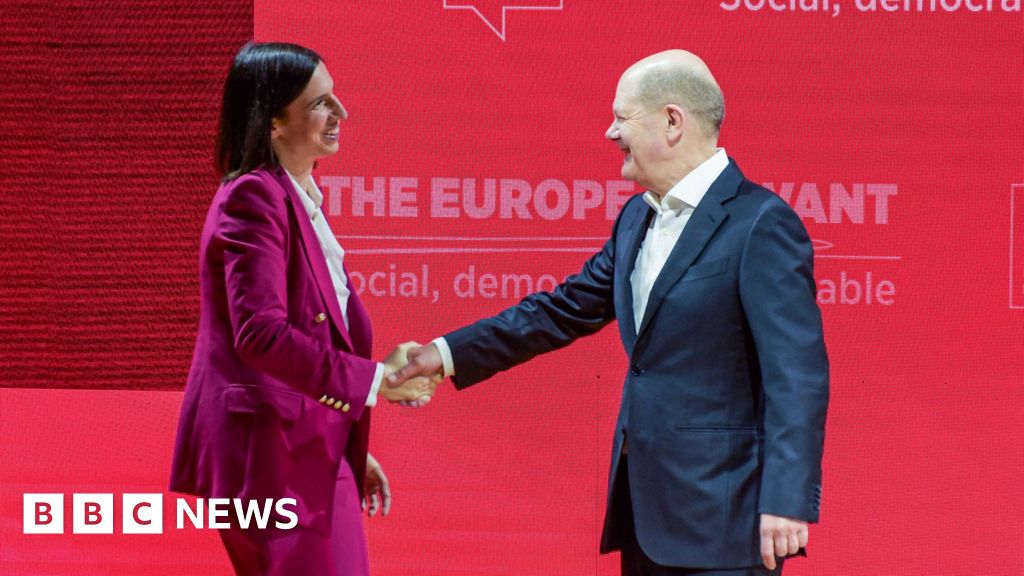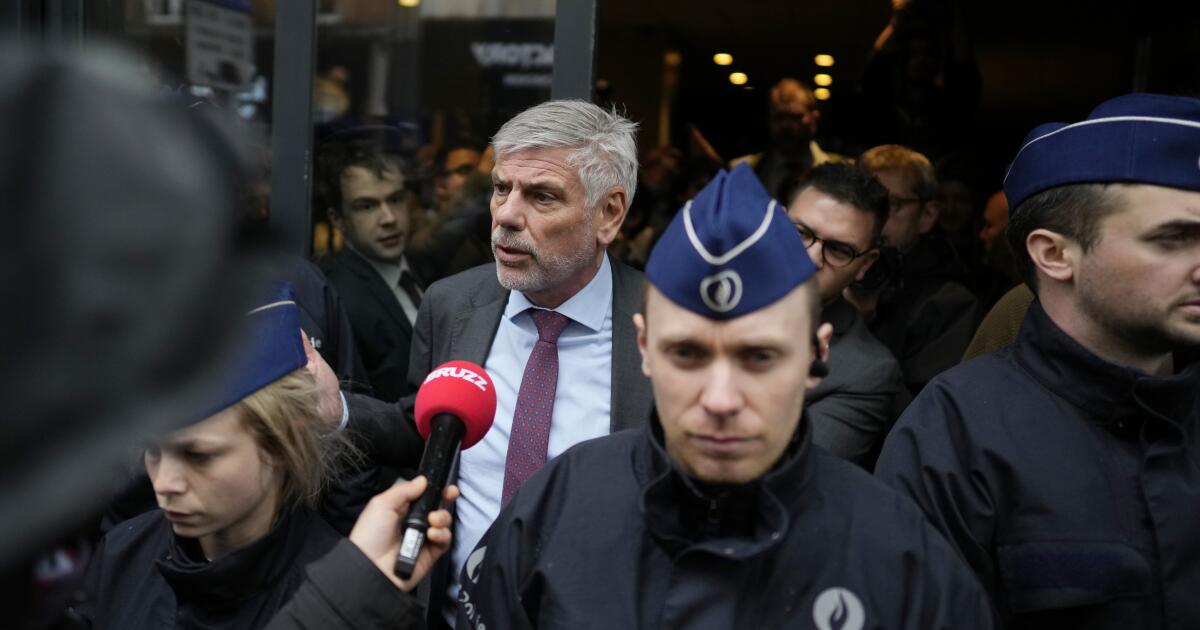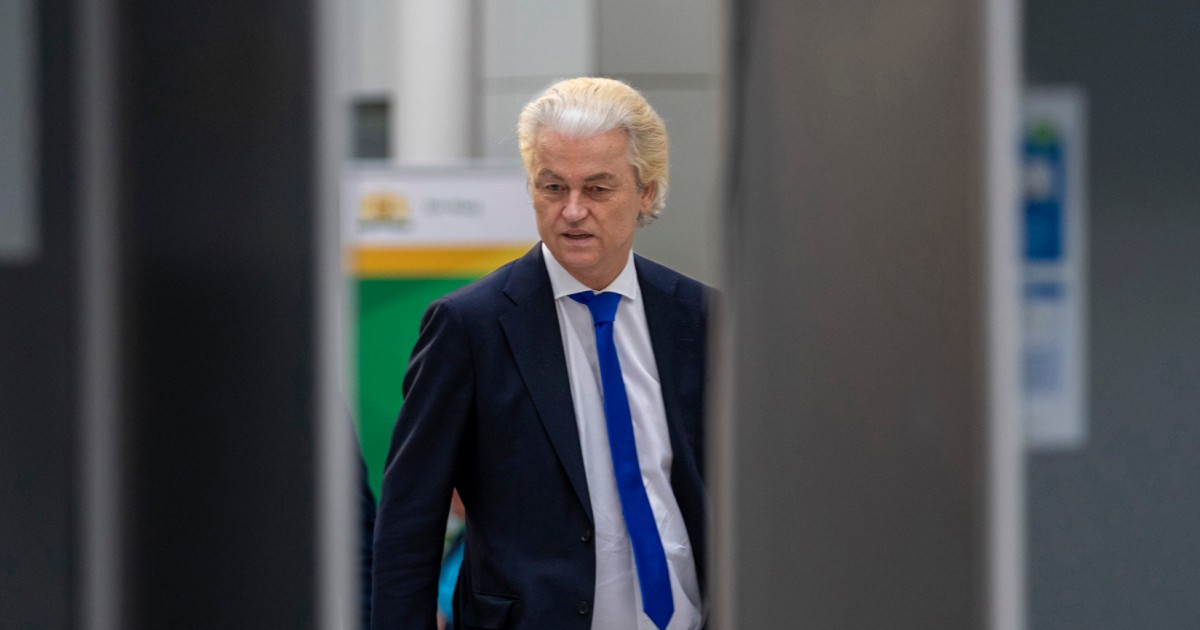
European Parliament elections held across the European Union (EU) member states kicked off on June 6, 2024. Dutch nationalist Geert Wilders is projected to secure a significant win with his Freedom Party (PVV) in the Netherlands, potentially gaining 8 seats in the EU parliament. This would mark a huge gain for Wilders who failed to secure a seat in the previous EU election in 2019.
Wilders' promises of cracking down on asylum migration brought him a large win at the general election in November 2023. Following months of tense talks, he secured a deal with three other conservative parties to form a right-wing government, which is expected to take a tough stance in Brussels and seek exemptions on EU asylum and environmental rules as well as significant cuts in the Dutch contribution to the EU budget.
Approximately 350 million EU citizens are eligible to vote in these elections. Far-right parties are predicted to win the largest number of seats, potentially surpassing the traditional center-right group. This shift towards the political right could result in significant changes in European policymaking and serve as a measure of Europe's political temperature.
Russia deleted a plan to redraw the Baltic Sea border, causing alarm among NATO allies. Dutch Prime Minister Dick Schoof, nicknamed 'Tricky Dick', has been at the helm of the Netherlands' far-right-led government since its formation.
The center-left once dominated the European scene but now faces strong competition from right and far-right parties. Some parties on the left have taken a tough stance on migration in an attempt to regain support from 'old left' voters. Raphaël Glucksmann, a moderate, pro-European leader has emerged as a new champion for the left in France.
Far-right parties have adapted their stances on issues like climate change and immigration to appeal to a wider audience. Geert Wilders of the Party for Freedom in The Hague, Netherlands is an anti-Islam Dutch lawmaker who has been advocating for limiting the EU's powers from within parliament.
These elections will be closely watched as they could preview voter sentiment in upcoming national elections, including those in the United States.


